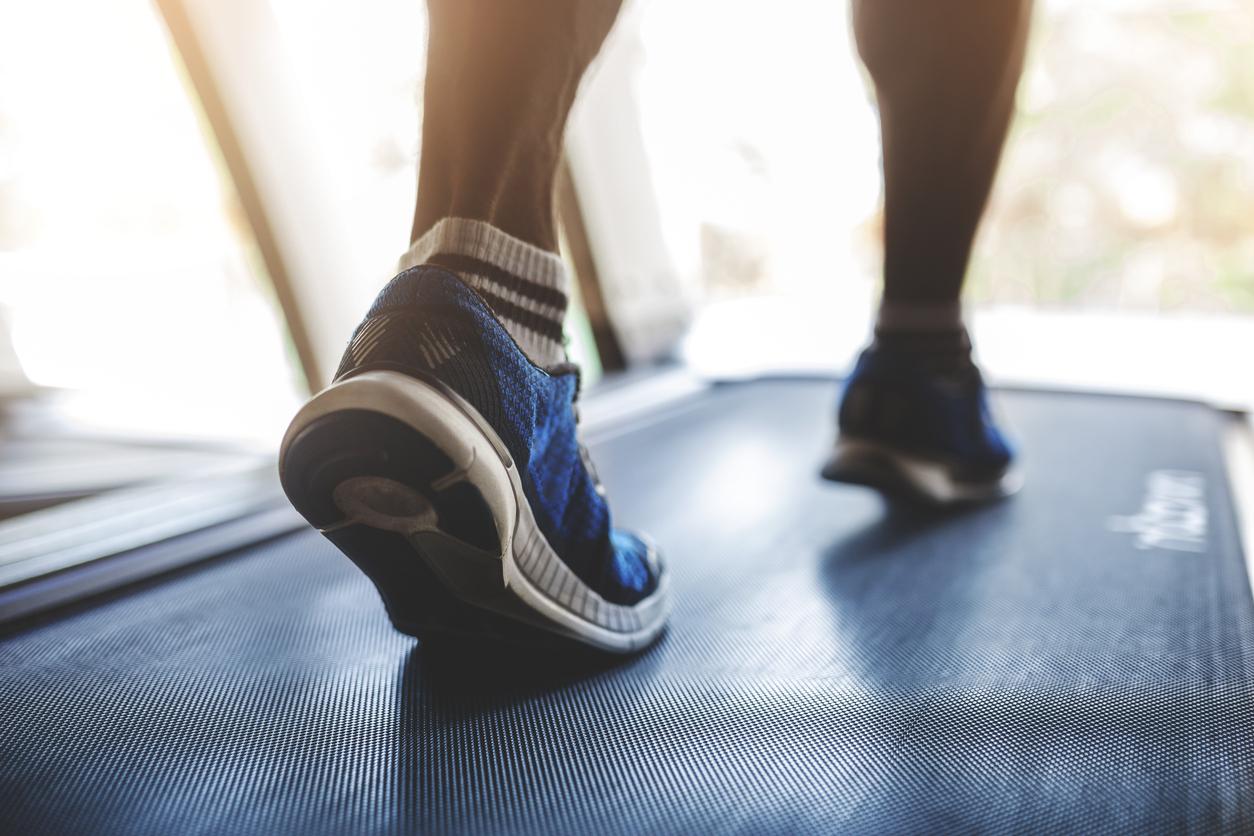A new study is causing trouble. Time spent sitting is not associated with an increased risk of premature death. It is the sedentary lifestyle that is in question.

- The four different indicators of time spent sitting were not associated with an increased risk of mortality over the 16-year follow-up.
- This lack of association can be explained by a protection induced by the high level of physical activity of this cohort. According to the authors, moving more must remain at the heart of public health messages.
- Previous studies have linked time spent sitting to premature mortality. An association which can be explained by a low expenditure of energy.
The media have told you repeatedly in recent months: sitting too long is not good for your health. It could even promote premature mortality. This October 13 could sign a mea culpa scientific-journalistic. Just sitting still wouldn’t be that dangerous, say the authors of a study in theInternational Journal of Epidemiology. Scientists have in fact not found any association between sitting position and excess mortality.
An updated flaw
Solid work leads to this conclusion: a cohort of 3,720 men and 1,412 women followed for 16 years. With regular questionnaires, they provided information on the time they spent sitting in four particular configurations: at work, on their leisure time, in front of the television, and on their non-television leisure time. The volunteers also reported how long they walked each day – which includes commuting on public transport – and their sporting physical activity (moderate to strenuous).
The conclusions leave no doubt: there is no link between the time spent sitting and excess mortality during follow-up. A result which at first glance contradicts the many previous studies, according to which a sedentary lifestyle promotes the occurrence of metabolic and cardiovascular diseases. But that’s not quite the case. This publication in fact underlines a possible bias of previous research: the fact of having limited sedentary lifestyle to the sitting position.
Not-so-good sit-stand desks
“Policymakers need to be careful about recommending a reduction in sitting time without promoting increased physical activity. Our study contradicts current thinking about the risks of sitting, and indicates that the problem lies in the lack of movement more than in the time spent sitting itself, said Dr Melvyn Hillsdon, co-author of the work. Any stationary posture that induces a low expenditure of energy can be unhealthy, whether sitting or standing. »In the eyes of this researcher, sit-stand desks, very popular in sedentary workspaces, would therefore not be that beneficial … unless they are accompanied by regular movement, like those proposing a treadmill.
“Our results suggest that reducing time spent sitting is not necessarily as important in the risk of premature death as previously thought, and that encouraging people to be more active should always be a public health priority.” , says Dr. Richard Pulsford, co-author of the study.
However, a weakness emerges in the profile of this cohort: the participants are overall more active than the general population. Indeed, these London workers stay more often standing in public transport and have to walk more often to reach their home and their place of work. A protective effect could therefore appear. A conclusion that can always console the millions of Ile-de-France residents who, every day, cannot find a seat to make their long journey by metro, RER or bus.
.















